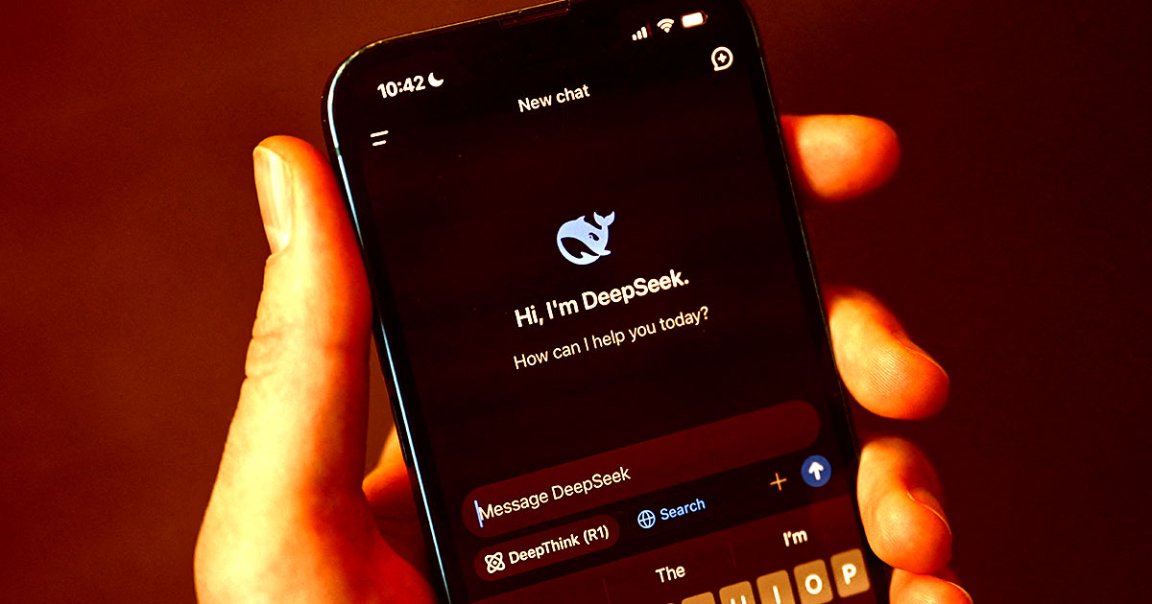
US senator Josh Hawley (R-MO) has introduced a bill that could effectively make it illegal to use DeepSeek, a new ChatGPT competitor that made huge waves last week, within the United States.
Hawley’s bill, introduced last week, looks to “prohibit United States persons from advancing artificial intelligence capabilities within the People’s Republic of China, and for other purposes.”
The bill, described by Harvard AI research fellow Ben Brooks as “easily the most aggressive legislative action on AI,” could land anybody importing “technology or intellectual property” developed in China in prison for 20 years, with fines up to $1 million for individuals and $100 million for companies.
Needless to say, that’s all pretty extreme, which may doom the bill: it was tabled last week, which in practice often means a proposed new law has lost legislative steam.
Nonetheless, the bill shows that there’s considerable panic among lawmakers following DeepSeek’s astronomical rise and the enormous selloff it triggered last week.
Congress is now desperately looking to shut China out to preserve US market interests, with lawmakers as disparate as Hawley and Elizabeth Warren (D-MA) arguing that the Biden administration didn’t act fast enough before implementing a ban on AI chip exports to China starting in 2022.
“Multiple administrations have failed — at the behest of corporate interests — to update and enforce our export controls in a timely manner,” Hawley and Warren wrote in an appeal to Congress obtained by The Washington Post. “We cannot let that continue.”
Earlier this month, DeepSeek demonstrated that the performance of OpenAI’s top-of-the-line AI chatbots can be matched while using a tiny fraction of the resources, stoking fears that Wall Street may be massively overpaying.
Lawmakers believe Chinese AI could pose a major threat to national security, while US companies are still reeling from the sudden emergence of steep competition that wiped out more than $1 trillion in market value.
Hawley and Warren are among a growing number of lawmakers looking for greater export controls against China, limiting Chinese companies’ access to key AI chips from the likes of US chipmaker Nvidia.
The California-based company’s CEO Jensen Huang met with president Donald Trump on Friday, just days after Nvidia broke its own record for the biggest single-day loss of any company in history.
What exactly came from that meeting remains unknown, beyond a spokesperson telling Reuters that “Jensen and the President discussed the importance of strengthening US technology and AI leadership.”
“I can’t say what’s gonna happen,” Trump told reporters. “We had a meeting. It was a good meeting.”
Whether there’s enough appetite to outright make it illegal for Americans to even use DeepSeek seems unlikely, considering the constant back and forth on the still-unfolding TikTok ban — which stemmed from national security concerns, was passed by Congress last year, but remains in limbo thanks to Trump’s newfound opposition to the ban, which he originally supported.
Would DeepSeek’s AI chatbot pose those same risks — or are lawmakers simply looking out for US market interests? Some, after all, are personally invested in the debacle.
More on DeepSeek: DeepSeek Failed Every Single Security Test, Researchers Found